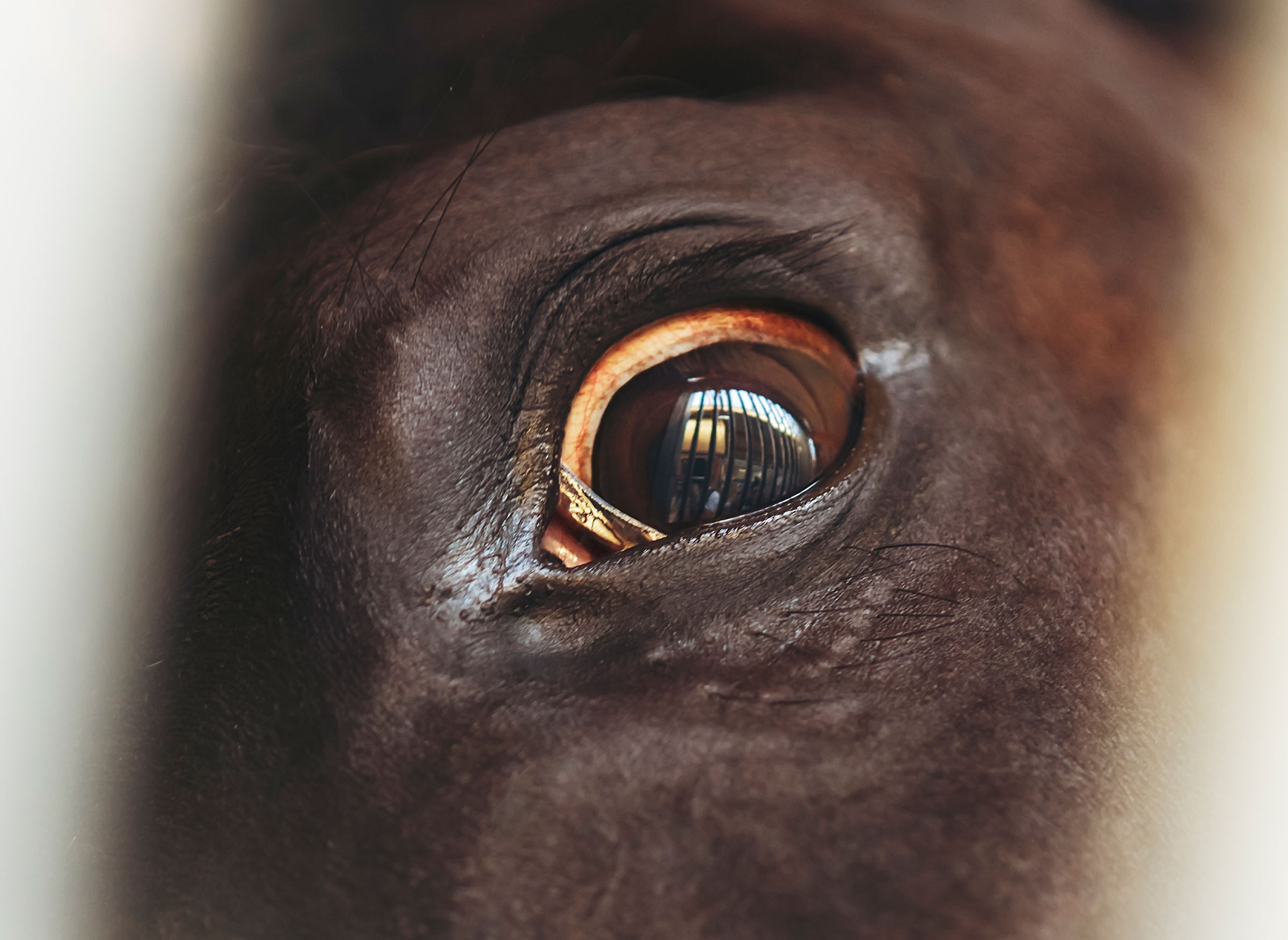
Some horses by nature possess a temperament that is more easily startled that other horses, said Carissa Wickens, PhD. The assistant professor, State Extension Horse Specialist at the University of Florida, said that spookiness is a moderately heritable trait, and that by watching how a dam or sire reacts to new situations provides clues to how their offspring might respond to new situations.
Training and nutrition can help manage reactive horses.
Horses might be less reactive when starch and sugar is replaced with more fat and fiber,” Wickens said. “Make sure the horse has a lot of forage, which increases their fiber intake.”
Eliminating all starch and sugar from the horse’s diet might deprive their bodies of needed nutrients and can be problematic for performance horses. Working with a veterinarian or equine nutritionist is the best way to design a ration.
Horses that suddenly become hyperactive or reactive might have underlying medical issues. Working with a veterinarian can rule out physical problems such as ulcers, abdominal pain, vision or hearing problems, Wickens said.
“Horses are a prey species; if they can’t see well, their natural instinct is to flee from danger,” she said. “A horse that’s suddenly spooky may have vision problems.”
Training is an important part of working with spooky horses. Wickens shared her personal experience. Her Arabian gelding started spinning and running in the opposite direction every time he approached one corner of the arena. She went back to basics, leading him to the scary spot.
At first he danced, moved his feet and tried to escape. Every time he stood still, even if only for a few seconds, she rewarded him with her voice, a scratch on the withers and sometimes a treat. Within a week she was able to resume riding.
“I removed my own stress and anxiety, which horses can sense, and used positive reinforcement to teach him to trust me and relax in that area,” she said.


